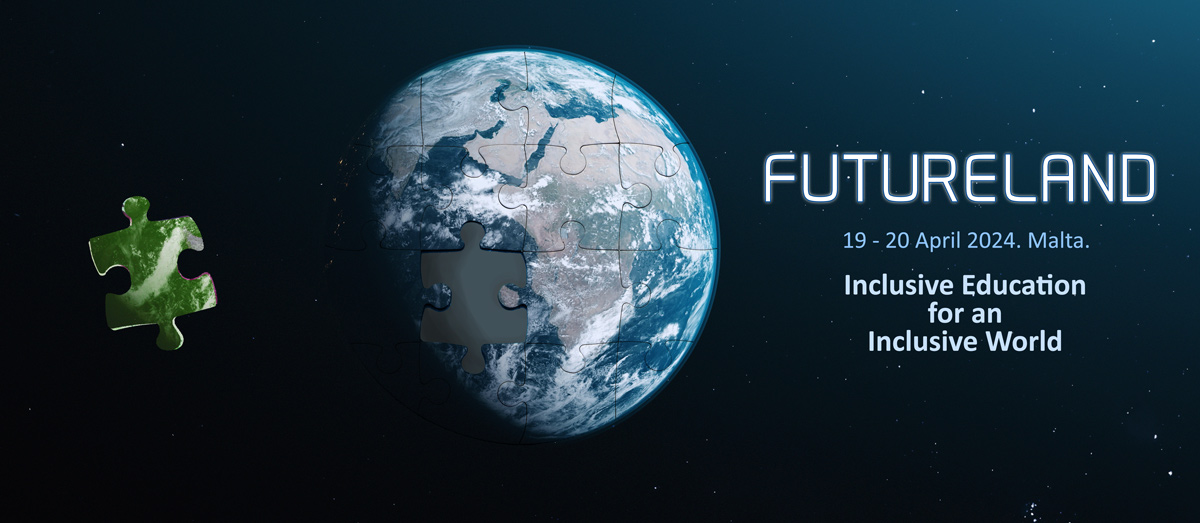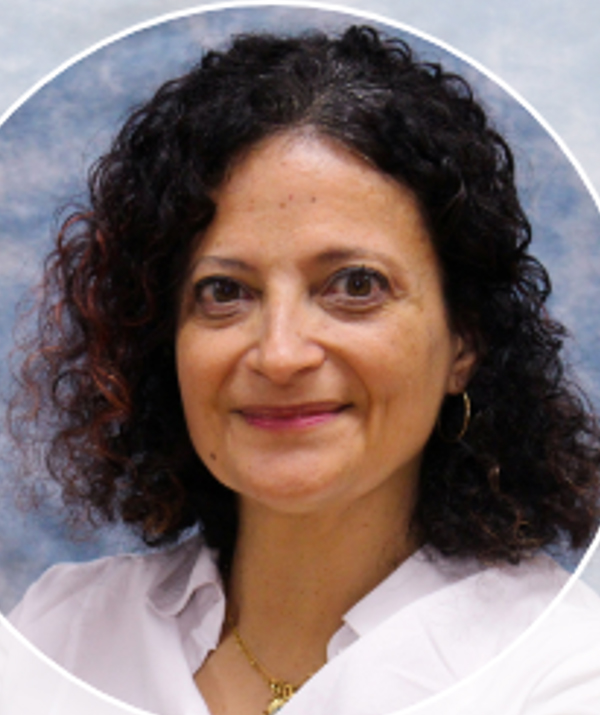Ruth Mansueto – has been fulfilling the role of Assistant Head at Mate Boni Consilii St Joseph School Paola from 2015 to date. Ms Mansueto has been the school coordinator of several Erasmus+ projects since 2017. After having obtained a bachelor’s degree with Honours from the University of Malta in 1991, Ms Mansueto successfully obtained her MSc in Educational Leadership from the University of Leicester in 2015.
Ms Mansueto has also contributed to the book “Inside/Outside Schools” by Ronald G. Sultana and Contributor, Peg Publications, 1997. Paper entitled “Examination and Stress: Childhood and Education Subverted”.
Ms Mansueto has coordinated and led various school-based projects like Comenius and Echo School Programme as well as been involved actively in proposals and reporting for such projects. Worked with schools abroad through E-Twinning projects and Comenius. She has also coordinated school-wide Erasmus-funded projects MELT – (Managing Emotions Through Teaching and Learning) and coordinated a Virtual Mobility to Malta and is currently coordinating Storychangers (Erasmus Funded project).
Ms Mansueto has Led and tutored a group of foreign teachers in the CLIL method of teaching in April 2019 for an Erasmus Funded project. Ms Mansueto accompanied and led a group of Maltese teachers on a Study Tour in Tampere, Finland about Finnish Pedagogy in Practice as well as to Estonia, Exploring the
Estonian Education System. Ms Mansueto has also co-tutored for the Award in Middle Leaders and the Leadership of Educational Institutions. Ms Mansueto also has a long teaching experience both at primary and secondary levels.
Co-creation of Knowledge; INCLUSION2
Workshop
Co-presenting with Marije Bent, Frank de Jong, Didier Finet, Julian Ng, Brenden Tempest-Mogg, Rik Vanderhauwaert
Futureland asks to imagine a better world and proposes educational ways to achieve it. INCLUSION2 Erasmus+ project aims to contribute to a more inclusive world e.g. besides cultural diversity, physical, and mental disadvantages, etc. also nature inclusiveness. The project supports the design of inclusive education in teacher professional learning communities through processes of co-creation. Co-creation means building new perspectives together, improving ideas, or developing new ideas or solutions and products related to dilemmas or problems that a community faces in making education more inclusive (De Jong, 2021).
In co-creative conversation teachers as, knowledge builders, transcend trivialities, oversimplifications and move beyond current (best) practices'” (Scardamalia & Bereiter, 2010, p. 10; Scardamalia, 2002, p. 79). This synthesizing leads to a “new” conceptual artifact, e.g., insight, perspective to go out and thereby enrich the working or school community. Thus, co-creation is distinct from debate and discussion and, from cooperative learning and learning together in and group or team. In the latter, it is much more about the knowledge applying or re-construction existing knowledge than about creating or building new insights, solutions, and so on.
The INCLUSION 2 co-creation design processes aim to create learning environments for students that are more ‘inclusive’ to foster education more sustainably by teachers in Malta, Ireland, Belgium, and the Netherlands. It is supported by a Frame of Thinking (FOT) and Building Blocks. Both are products that are developed within the project. So, the project process stimulates sustainable collaboration with teachers internationally for more inclusive education.
The FoT gives direction for how teachers can co-create creative curricula and lessons. It provides guidelines on how to support and design this type of working and thinking. It is hoped that this leads to diverse didactic methods. The FoT consists of guiding principles that can be used in diverse contexts and learning organizations for practitioners to change mindsets and practice through actively co-creating within a professional learning community becoming creative to design inclusive lessons and curricula. The FoT guides the support of e-environment tools, facilitators, and practical anchors which reflect the principles, and constructive actions for the creative co-creating knowledge-building process.
Building blocks are evidence-informed and tested materials to work bottom-up on inclusive schools for a sustainable future. They are constructed in line with the developed FOT. It includes examples of good practice, ideas for pedagogical practice that support a greater focus on student engagement, and more inclusive schools for a sustainable future. It supports creative working in partnerships with students and teachers to realize bottom-up inclusive schools for a sustainable future.
In this workshop, you will experience a SPRINT to understand INCLUSION2‘s key goals, activities, and methods. You come up with your own ideas you want to work on. Together you build on the design issue you selected as a group. In small groups, together you propose improvements or promising solutions to the design issue; explore obstacles and activities to plan to realize the improvements; you ‘rise above’ the initial ideas and share recommendations with the other groups.


